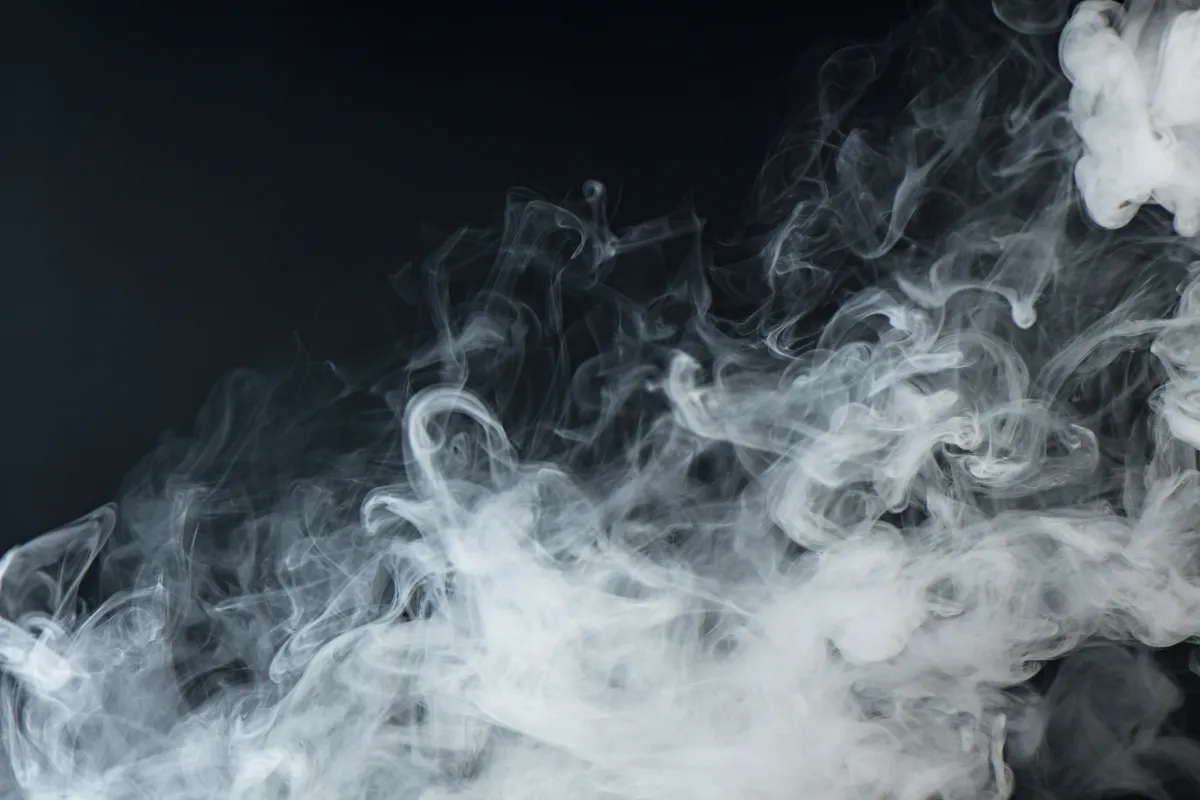
Vapor Information for Cannabis Licensees
Executive Order
On Sept. 27, 2019, Gov. Inslee issued Executive Order 19-03. This order directs the Liquor and Cannabis (LCB) and the Department of Health (Health) to immediately take certain actions to protect public health.
Action Required
- Disclosure Requirements. Cannabis licensees must disclose all compounds, including but not limited to ingredients, solvents, additives, preservatives, thickening agents, terpenes and other substances used to produce or added to cannabis concentrates for inhalation or cannabis-infused extracts for inhalation at any point during production and processing, regardless of source and origin.
- The disclosure form can be found here. Please follow the instructions within the document and submit to cannabisdisclosureform@lcb.wa.gov .
- For tips and answers to frequently asked questions about the disclosure form click here.
- Cooperate with the ongoing epidemiological investigation. Local, state and federal health agencies are looking into which products have been involved with Washington cases of lung injury. We ask for your cooperation if you are contacted by someone from a state or federal epidemiology team and/or a representative from your local health jurisdiction.
Update on Vaping Associated Lung Injury (VALI)
News headlines are no longer dominated by the outbreak of lung illnesses eventually linked to vaping. However we have an update for you. Since the VALI outbreak began last summer, 2807 cases and 68 deaths from across the nation have been reported to the Centers for Disease Control and Prevention (CDC). Both the CDC and our state’s Department of Health have been focused on COVID-19 response, and the number of VALI cases hasn’t been updated since February 19. Nonetheless VALI is still an important issue to which LCB is responding.
Actions in Washington
The State Board of Health voted to extend the vitamin E acetate ban another 120 days. This applies to both cannabis and non-THC vapor products.
HB 2826 (Clarifying the authority of the liquor and cannabis board to regulate cannabis vapor products), LCB agency-request legislation, was passed by the legislature with nearly unanimous support and delivered to the Governor on March 11. It took effect immediately upon signage by the Governor on March 25. A few resulting considerations for licensees:
- Cannabis processors may incorporate in cannabis vapor products a characterizing flavor if the characterizing flavor is derived from botanical terpenes naturally occurring in the cannabis plant, regardless of source, and if the characterizing flavor mimics the terpene profile found in a cannabis plant. Characterizing flavors authorized under this section do not include any synthetic terpenes.
- The Liquor and Cannabis Board is empowered to adopt rules regarding requirements for processors to submit under oath to the Department of Health a complete list of all constituent substances and the amount and sources thereof in each cannabis vapor product, including all additives, thickening agents, preservatives, compounds, and any other substance used in the production and processing of each cannabis vapor product.
- Currently, all processor and producer/processor licensees must submit the cannabis Vapor Product Ingredient Disclosure form to LCB under emergency rules (WAC 314-55-1055 – Ingredient Disclosure) filed by LCB on February 5.
LCB is planning future rule development on this topic as we explore the science, best practices, and best routes to continue to ensure public safety. We continue to look to our licensed community to put the safety and health of Washingtonians at the forefront of practices regarding ingredients in vapor products.
Related laws:
- Vapor law: RCW 70.345 (2016)
- Vapor products, taxes: E2SHB 1873 (2019)
- Vapor products, legal age for: EHB 1074, CH 15 (2019)
- Flavored vapor products ban of: Board of Health Emergency Rule
Thank You for Your Cooperation
We appreciate the cooperation and collaboration demonstrated by members of the cannabis industry on this important public health crisis.